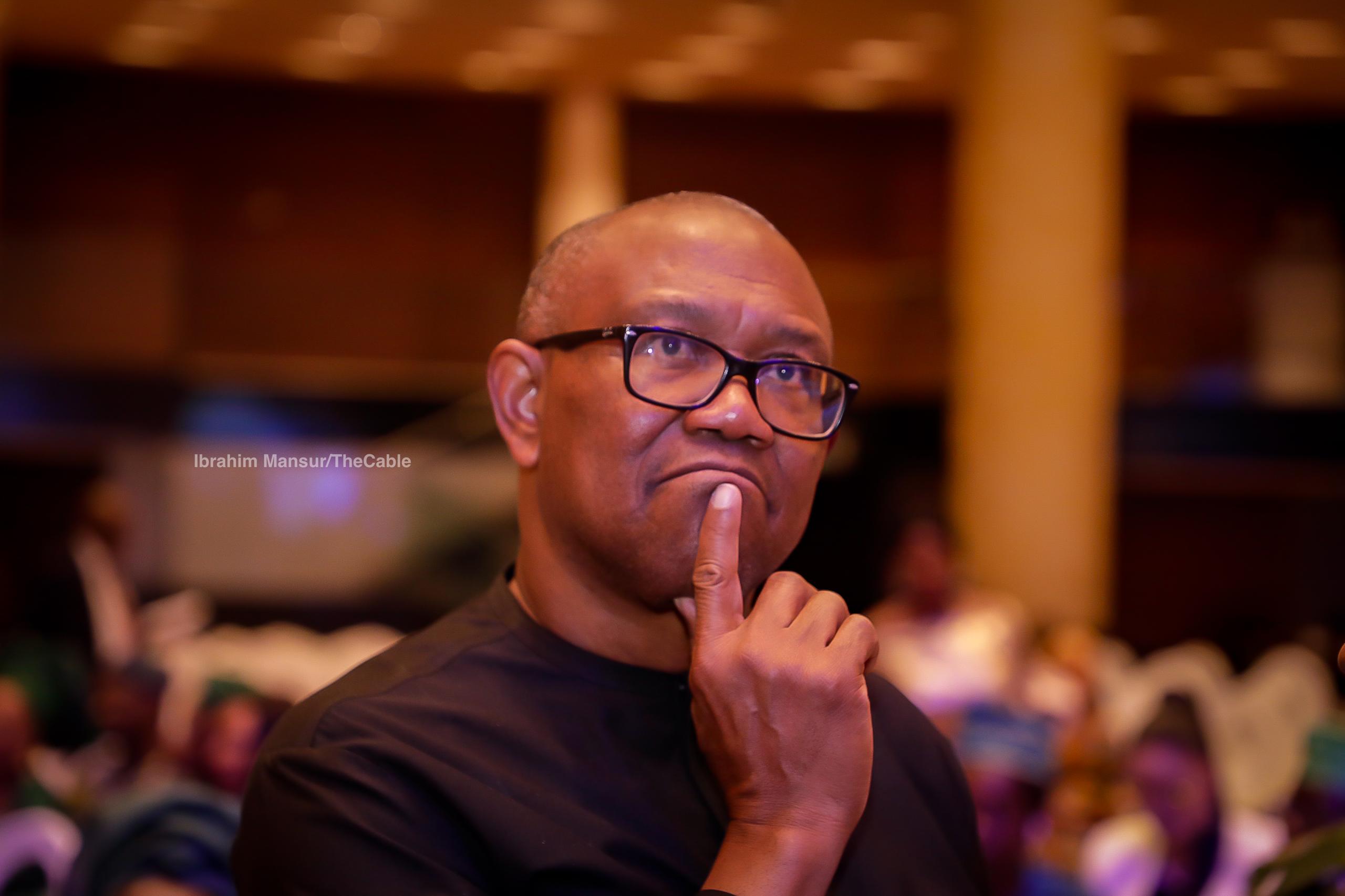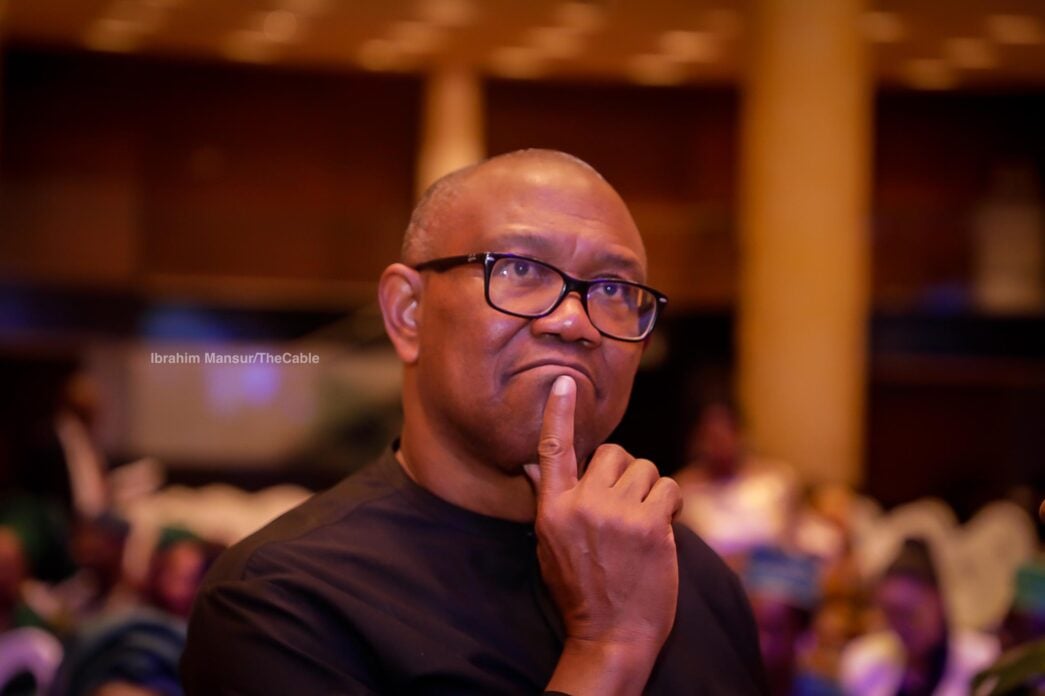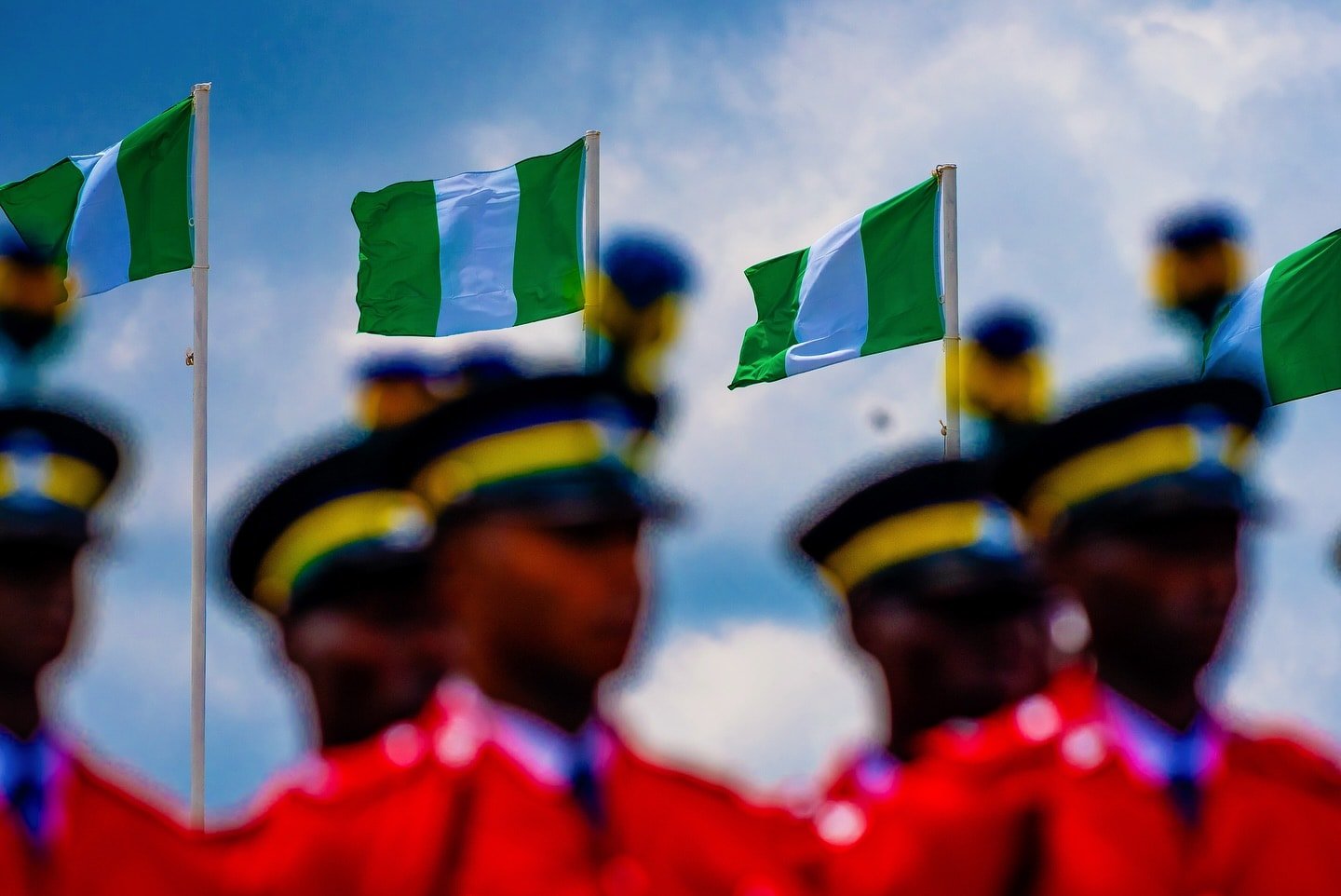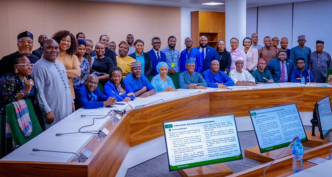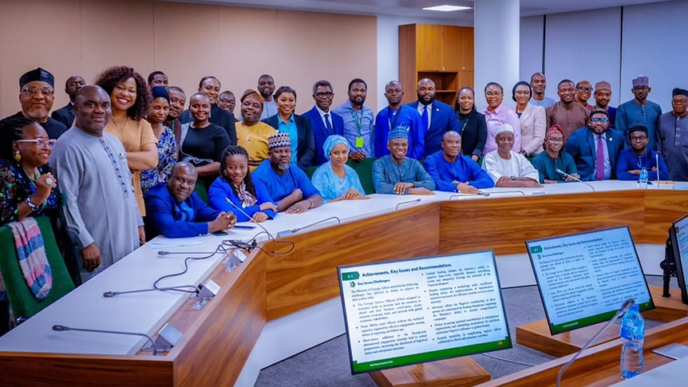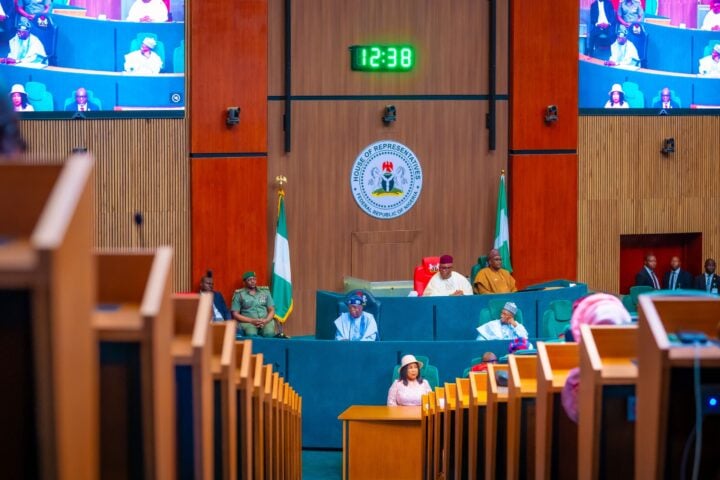Peter Obi
BY UCHE NNADOZIE
Peter Obi, the former presidential candidate of the Labour Party, has developed a troubling pattern: using international platforms to talk down on Nigeria while subtly promoting his own brand. In his latest overseas speech, Obi once again portrayed the country as a broken, failing state — and positioned himself as the answer to all its woes. This strategy may appeal to a segment of disillusioned young citizens, but it raises serious questions about his fitness for leadership and his understanding of patriotism.
Let’s be clear: Nigeria is facing deep-seated challenges. From insecurity to economic instability, the problems are real and undeniable. Constructive criticism is not only acceptable — it is necessary. But there is a clear line between engaging in honest critique and actively de-marketing the country on foreign soil. Peter Obi crosses that line far too often.
Since his rise in popularity, Obi has seized every opportunity abroad to lament Nigeria’s state of affairs, often without context or balance. He paints a picture of a nation in decay, seemingly to contrast himself as the enlightened alternative. But in doing so, he projects an image of Nigeria that reinforces international stereotypes, undermines investor confidence, and weakens our collective global standing.
Advertisement
This approach reeks of political selfishness. A man who governed Anambra state for eight years with no revolutionary infrastructure or economic transformation to his name now feels empowered to lecture the world on national leadership. It’s ironic. Obi’s record, while decent in some respects, lacks the transformative impact that would justify the messianic tone of his foreign speeches.
More importantly, his rhetoric is damaging. Nigeria’s political discourse may be rough at home — as it should be in a vibrant democracy — but when our politicians speak abroad, they represent all of us. They are ambassadors of the country’s image, values, and future. When they use that platform to shame rather than uplift, they are not just criticising a government; they are sabotaging the nation.
We must begin to hold our politicians to a higher standard when they speak on global stages. I think the national assembly should consider laws that discourage or even prohibit political aspirants, especially those vying for the presidency, from using international platforms to ridicule the country they claim to want to lead. Freedom of speech is a fundamental right, but it must be exercised with responsibility, particularly by those seeking to occupy public office.
Advertisement
The question must be asked: if Nigeria is as hopeless as Peter Obi sometimes suggests, why does he want to lead it? Why fight to preside over a country you describe as irredeemable? True leadership begins with belief — belief in the nation’s potential, its people, and its possibilities. You cannot lead what you do not respect. You cannot inspire what you constantly insult.
Opposition politics is not an excuse for national denigration. It is possible — and necessary — to challenge policies, expose corruption, and advocate for reforms while still projecting national pride and optimism. We must resist the temptation to conflate negative branding with honest critique. The former hurts the country; the latter helps it grow.
Obi and other politicians like him must realise that building Nigeria’s future starts with building her image. Not whitewashing our problems, but contextualising them. Not romanticising our failures, but emphasising our resilience. Not tearing down the house you want to govern, but proposing how you’ll renovate and renew it.
At home, we can argue, critique, and even condemn. But abroad, we must speak with a united voice — one that carries both our pain and our promise. One that calls out what is wrong, but also celebrates what is right. One that offers the world a vision of a country striving, not just suffering.
Advertisement
The former governor has the right to speak. But he also has a duty — a duty to Nigeria and to the millions who believe in her — to speak wisely, patriotically, and with a sense of responsibility that matches his ambition. Until he learns to do so, he may continue to win applause abroad, but he will struggle to win the presidency at home.
Nnadozie is a journalist and public policy analyst with a focus on governance and politics. Nnadozie can be contacted via [email protected]
Views expressed by contributors are strictly personal and not of TheCable.
